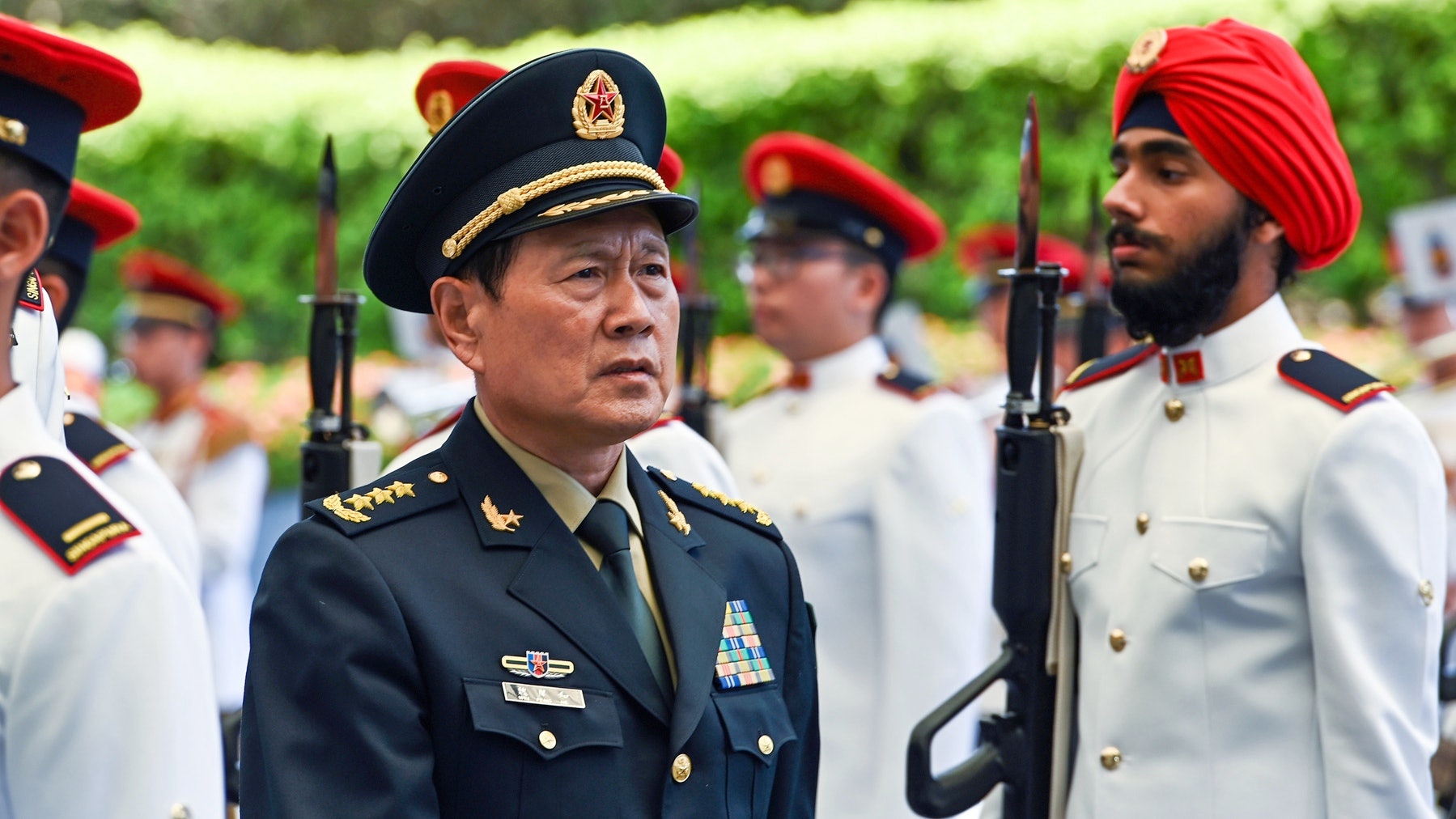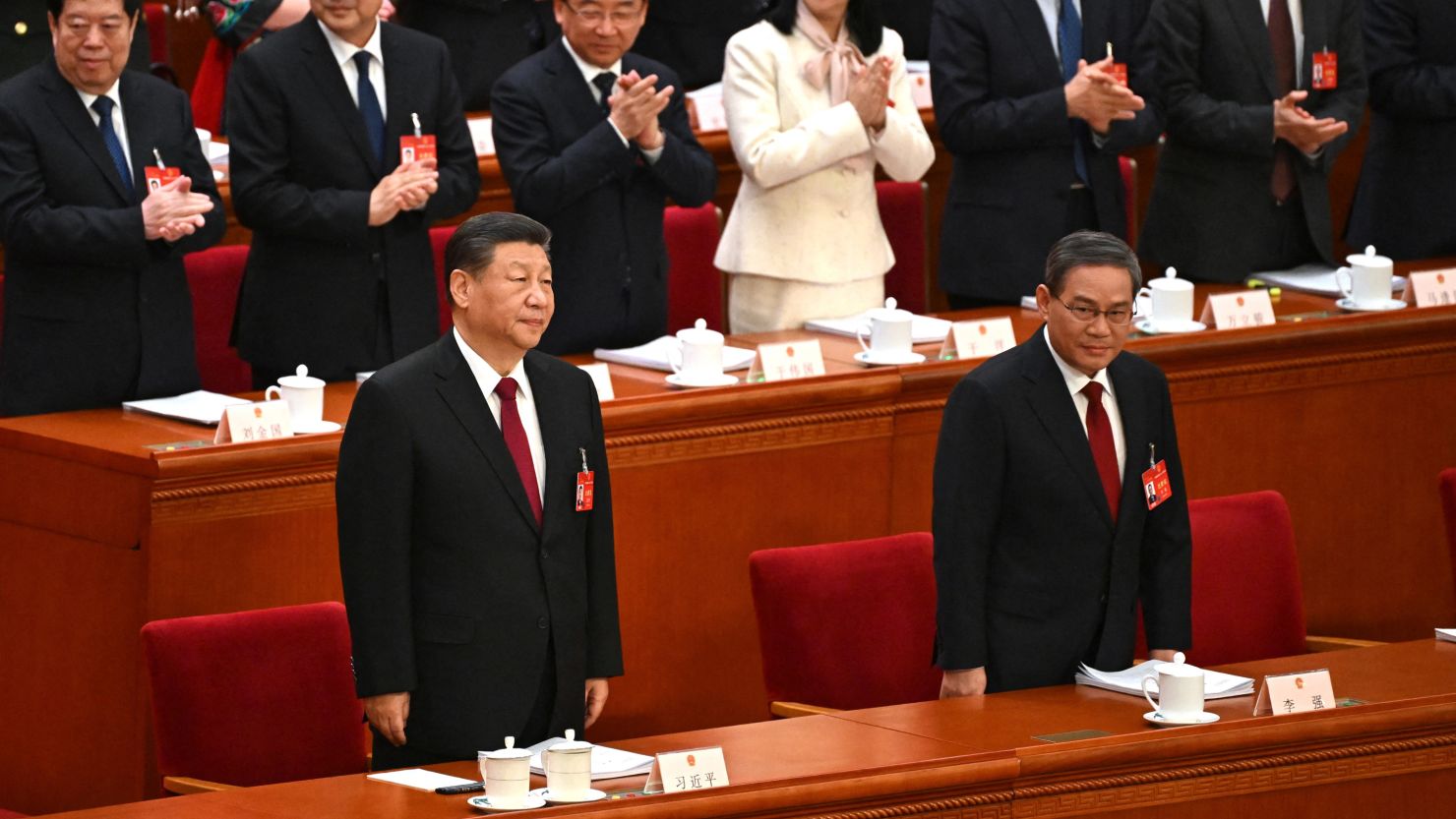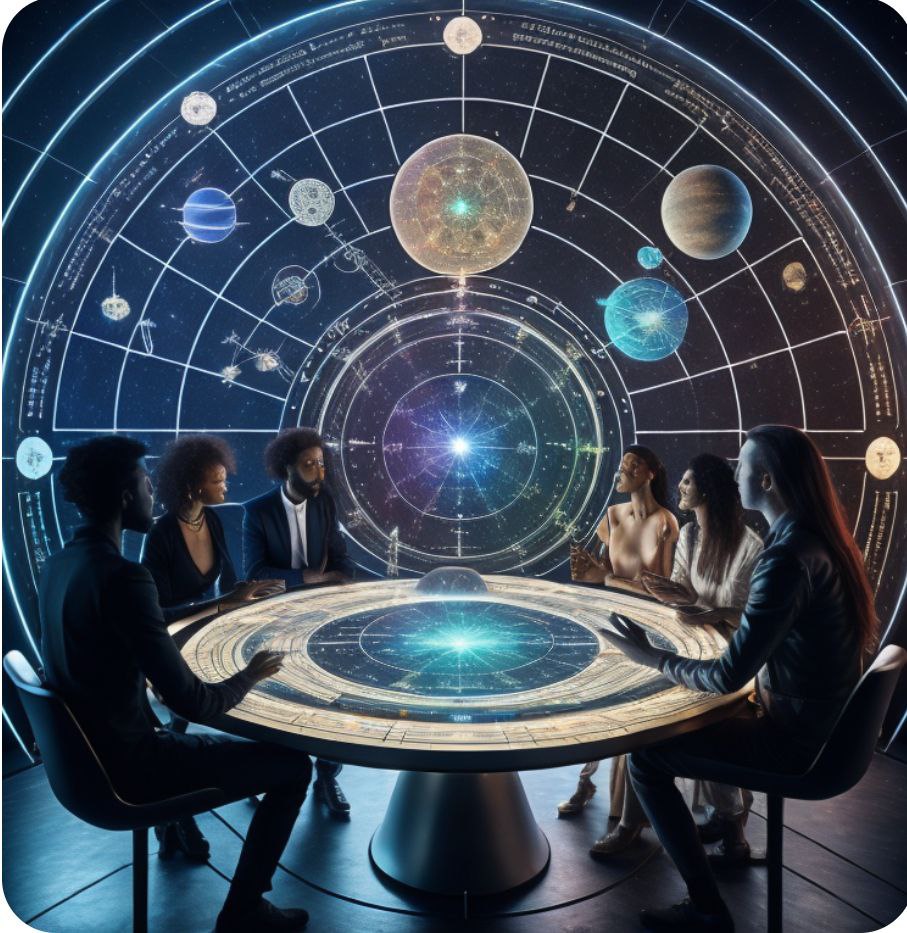The annual Singapore Shangri-La Dialogue (“Xianghui”) opens on May 31. One of the highlights of this year is that Chinese State Councilor and Defense Minister Wei Fenghe led a delegation. According to the plan, he will deliver a speech entitled “China’s Role in the Indian-Pacific Region” on June 2.
The incense was held for the first time in 2002, and China did not send high-level delegations to participate in the first few years. In 2007, the then deputy chief of staff of the People’s Liberation Army, Kang Yusheng, attended the meeting and was the first Chinese delegation to attend a high-level delegation. In 2011, the then State Councilor and Defense Minister Liang Guanglie attended the meeting and was the first time the Chinese Defense Minister attended the meeting. After that, the Chinese delegation remained at the level of the deputy director of the General Staff. In 2017 and 2018, the Chinese delegation was led by He Lei, the vice president of the PLA Academy of Military Sciences.
After 8 years, why did China send a defense chief to attend the incense party again?
This is China’s performance in promoting the right to speak safely in the Asia-Pacific region.
The incense club is the largest and most influential defense and security forum in the Asia-Pacific region. The topics discussed are focused on the security architecture and hotspot issues in the Asia-Pacific region. However, this conference around the security of the Asia-Pacific region is hosted by the British Institute for International Strategic Studies and the Singapore Ministry of Defence, with a clear Western color. China did not send a high-level delegation to participate in the first few years to take this into account.
China is a member of Asia. Whether it is China’s Boao Forum for Asia or the AsiaInfo Summit, China is a manifestation of its position and role in Asia. In May of this year, Chinese President Xi Jinping emphasized at the first Asian Civilization Dialogue Conference that “China today is not only China of China, but also China of Asia and China of the World.” At the Boao Forum for Asia held in March, Chinese Premier Li Keqiang also mentioned that “China’s development is the basis of the world, but first of all, the opportunity of Asia.”
These highlight China’s emphasis on Asia. Although the fragrance was initiated by the West, its topic of concern is still the Asia-Pacific region. At this point, China can find common ground with it, which is why China has sent high-level delegations since 2007. China will not draw a clear line between this dialogue because it will be the product of the West.
The global center of gravity has moved eastward, and many media have called out the voice of the “Asian Century.” The role of Asia in the future regional landscape cannot be ignored. China constantly emphasizes that when the world is undergoing major changes, China must also put forward its own ideas. China’s promotion of specifications and the dispatch of defense chiefs are naturally taking into account such a background so that the outside world can better understand China’s views.
In addition, according to the plan, Wei Fenghe will meet with the US agent, Patrick Shanahan, at the incense party. How the Sino-US defense chiefs will confront each other is a big attraction.
With the rise of China, the United States has become more vigilant against China. In particular, former US President Barack Obama proposed the “Asia-Pacific rebalancing” strategy in 2011. The US-China game has become fierce, and the United States has repeatedly attacked China through the South China Sea and the North Korean nuclear issue.
If the United States is the protagonist of the Fragrance Club in the past few years, China has maintained a certain low-key and tried not to create an impression of “showdown” to the outside world. Since the time when Liang Guanglie attended the incense party in 2011 to 2018, China has stopped sending defense leaders to avoid confrontation with the United States on such a platform.
This is China’s consideration from the transaction level. However, the wind direction is changing, the South China Sea issue is gradually cooling down. The ASEAN 10 countries held their first joint military exercise with China at the beginning of this year. The leaders of the 10 ASEAN countries collectively attended the 2nd “One Belt, One Road” summit forum, indicating that the United States will take the South China Sea issue. It is difficult to pick up too much spray.
Another focus of security in the Asia-Pacific region – the North Korean nuclear issue has also seen new trends in the past year or so. During the two meetings between the DPRK and the DPRK leaders, both sides showed their willingness to talk. The tension in the Korean peninsula has been eased.
The ability of the United States to lead topics or speculate on Asia-Pacific security issues has been weakened. The security situation in the Asia-Pacific region has ushered in a change in the situation. China pays attention to “taking advantage of the trend” and Wei Fenghe’s participation has such considerations.











